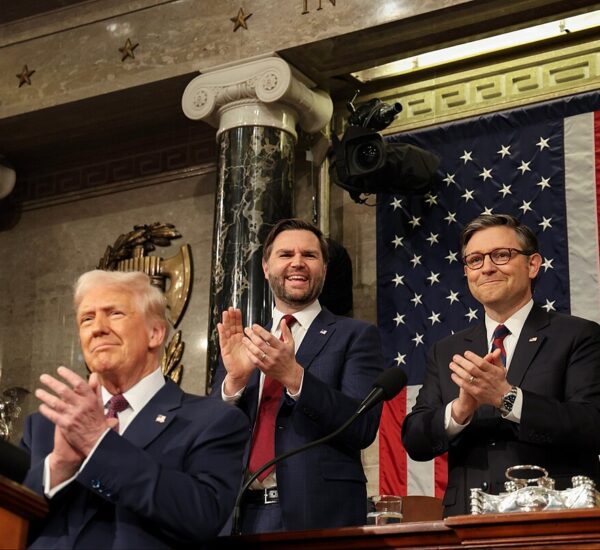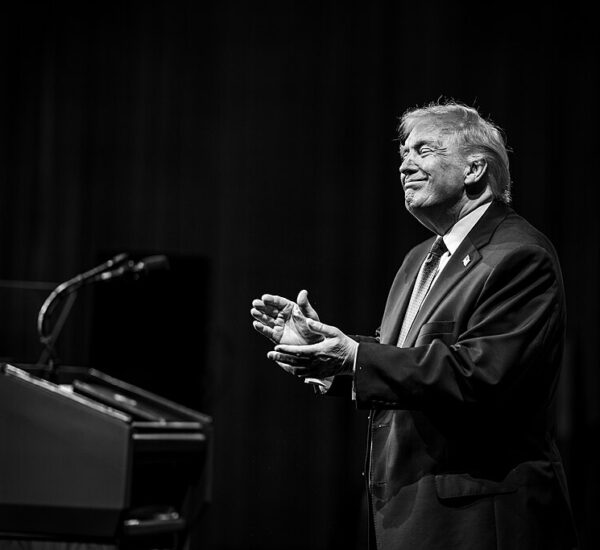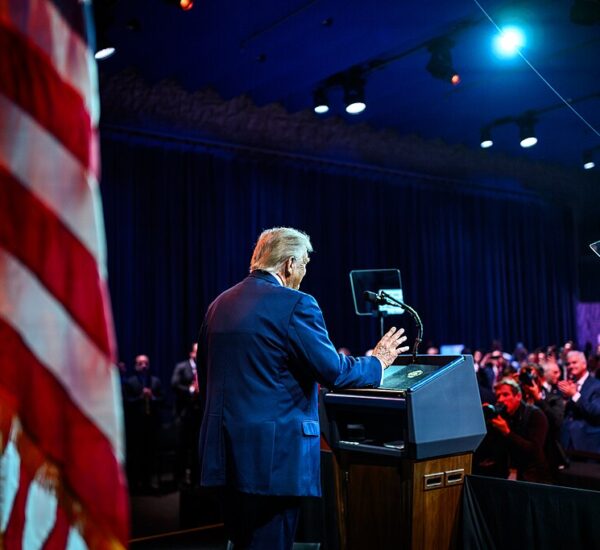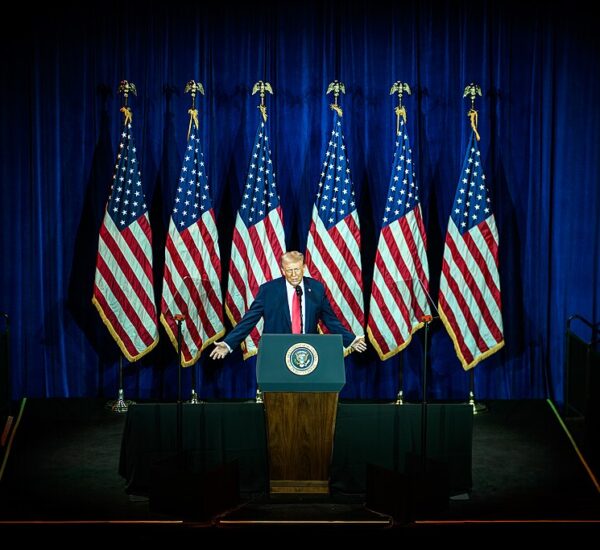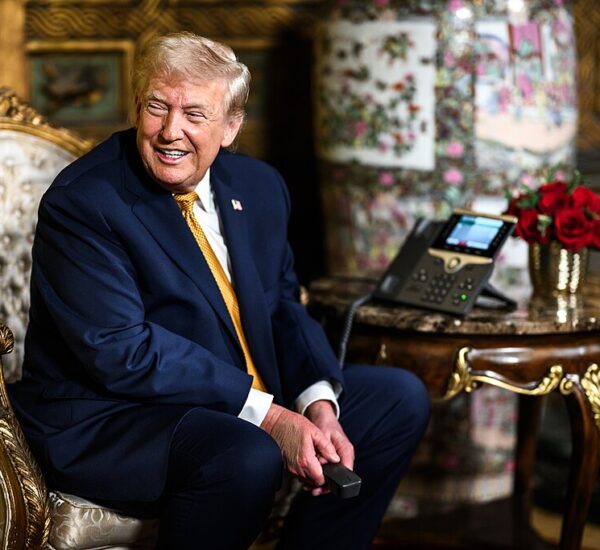Trump Advisor Exposes Kamala’s Economic Plan
On Friday, the Trump campaign launched a sharp critique of Vice President Kamala Harris’s economic agenda, drawing parallels between her proposals and the socialist policies seen in countries like Cuba and Venezuela. They argued that Harris’s strategies are unlikely to alleviate consumer costs effectively.
Ahead of Harris’s speech in North Carolina, where she was expected to outline her plan for a federal ban on price gouging, expanded child tax credits, and increased housing supply, the Trump campaign convened a call with reporters. Brian Hughes, a senior adviser for the Trump campaign, labeled Harris’s policies as comparable to some of the most extreme socialist models in history. He claimed that rather than promoting American energy independence and reducing economic burdens, Harris’s approach would introduce restrictive price controls reminiscent of Venezuela and Cuba.
A focal point of the Trump campaign’s criticism was the proposed federal ban on price gouging, which they likened to government-imposed price controls. Harris’s plan includes leveraging the Federal Trade Commission and state attorneys general to investigate corporate pricing practices and provide greater support to small businesses to foster competition with major meat processors.
Economist Kevin Hassett, who served as Chairman of the Council of Economic Advisers under President Trump, dismissed Harris’s proposals as “preposterous.” He suggested that the willingness to impose government controls on pricing indicates a failure to truly retract from the extreme leftist policies she previously endorsed.
In addition to tackling price gouging, Harris’s agenda proposes boosting the child tax credit to offer a $6,000 benefit for families with newborns. This proposal is part of a broader Democratic effort to differentiate their platform from Republican positions on family support and housing.
Harris’s plan also includes the construction of millions of new housing units and a $25,000 down-payment assistance program for first-time homebuyers. However, Stephen Moore, an economic adviser to Trump, criticized this approach as insufficient. He pointed out that with mortgage interest rates currently at 6.5 percent—much higher than during Trump’s final year in office—the proposed down-payment aid does not address the core issue of elevated housing costs.
Moore described the down-payment assistance as merely a temporary fix that fails to tackle the fundamental problems facing prospective homeowners. He argued that the real issue is the high cost of mortgage payments, which has risen significantly since Trump’s presidency.
Harris’s speech marked her first major policy presentation since launching her presidential campaign in late July, following President Biden’s exit from the race. Her campaign contrasts her proposals with Trump’s platform, which includes extending the 2017 tax cuts, deregulation, and implementing tariffs on imported goods—measures that economists have cautioned could further increase prices.
Hassett, when asked about the potential impact of tariffs on inflation, declined to comment, instead focusing on addressing Harris’s proposals. The Trump campaign appears eager to set up a future discussion on tariffs and their potential economic effects.

